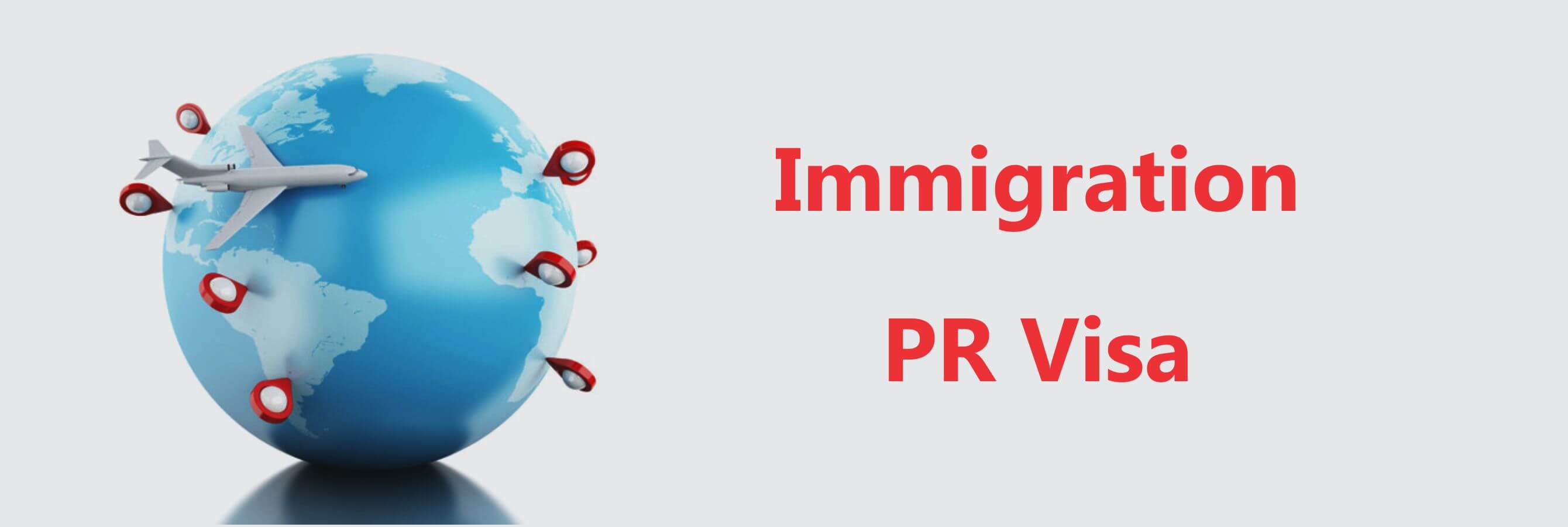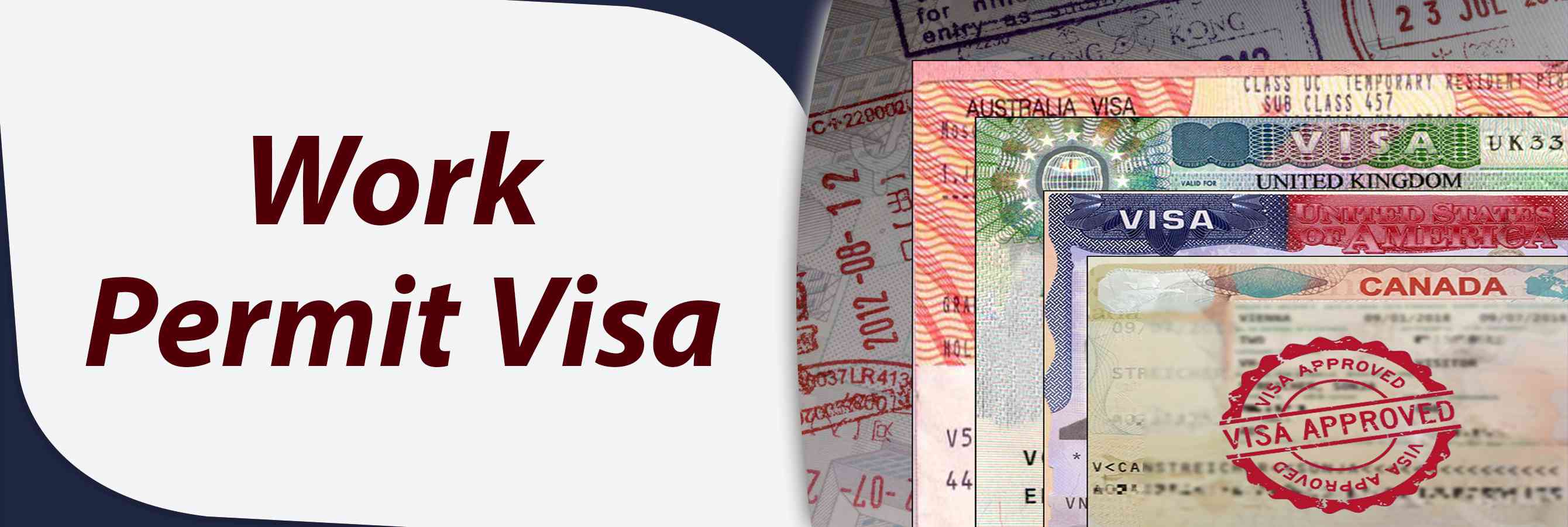
What is a visa?
A visa is a paper document affixed to a page of the holder's passport.
It permits a person to travel to the State during the dates stated on the visa. It does not guarantee entry to the State. An Immigration Officer at the Port of Entry has the authority to grant or deny admission, and to decide on the duration a person may remain in the State.
Certificate issued or a stamp marked (on the applicant's passport) by the immigration authorities of a country to indicate that the applicant's credentials have been verified and he or she has been granted permission to enter the country for a temporary stay within a specified period.
What are the different types of visa?
Visas can vary from country to country, but generally speaking these are some of the most popular types of visas:
GO FOREN provides service in the area of immigration/ PR visa, Student visa, visitor visa and entrepreneur / business visa. The immigration segment (a core specialisation) provides end to end support to clients/aspirants who aspire to work and settle in a new prospective country. The support by us is provided not just at the initial stages of counselling, evaluation, application and subsequent immigration, but also extends to air ticketing services, foreign exchange services, and even go far as to provide accommodation in new destination, travel insurance, arrange for a transfer from the airport of the new country within a short period of successful launching of its overseas segment.

Any foreign national who wishes to relocate to any other country, on a permanent basis need an immigration visa or in general terms called a PR (permanent residency) of a particular country.

Most countries will issue student visas in order to allow foreign students to attend school within their borders. However, in most cases the student must be enrolled at a postsecondary institution of higher learning. Foreign exchange students must therefore usually obtain a different type of visa, such as for temporary residence.

Tourist/Visitors visas are conditional authorization granted by a country to foreigners to enter and temporarily remain within that country. Visas typically include limits on the duration of the foreigner's stay, territory within the country they may enter, the dates they may enter, or the number of permitted visits. Visitors Visas are associated with the request for permission to enter a country and thus are, in some countries, distinct from actual formal permission for foreigners and to enter and remain in the country. In each instance, a visa is subject to entry permission by an immigration official at the time of actual entry and can be revoked at any time.

Investor Visas allow you to invest in an overseas country where you can settle permanently. The minimum amount of investment varies from country to country. Visas are issued to businessmen and self employed people who have sufficient funds.

A work Permit visa is a type of visa that grants the holder authorization to accept employment in a foreign country.